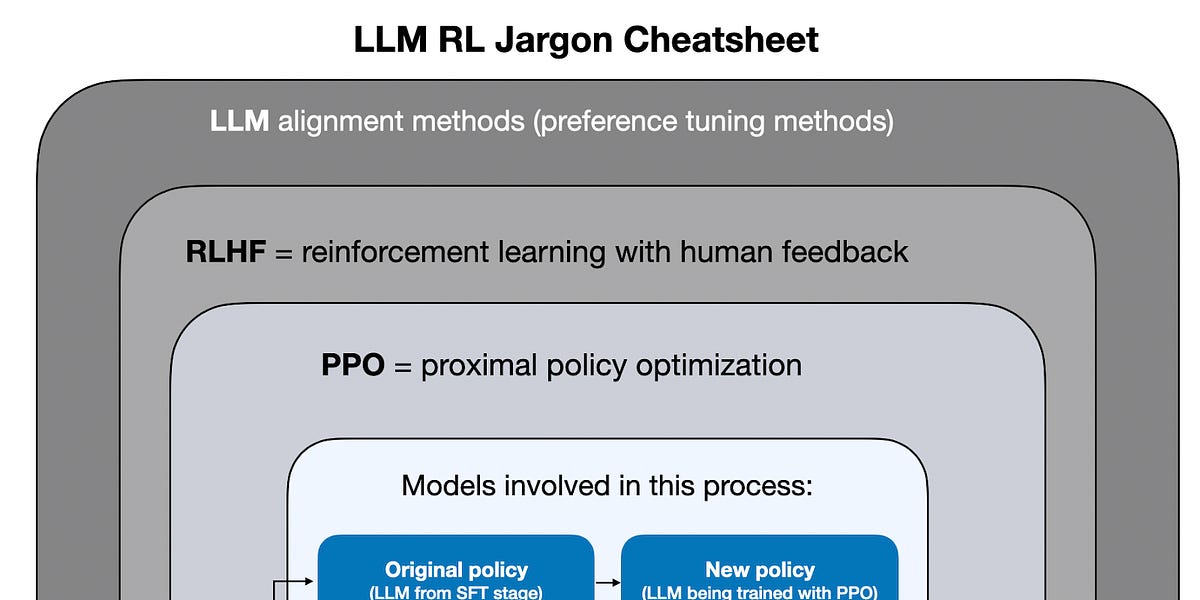TCS reported weaker-than-expected Q4 results, with revenue and net profit falling short of analyst projections. However, the deal wins hit a record high.
Revenue for the March quarter stood at $7.4 billion, a modest 0.8% rise from $7.2 billion in Q3 and 5.3% YoY growth. That said, deal wins surged to an all-time high of $12.2 billion, up from $10.2 billion in the previous quarter.
TCS reported constant currency growth of 4.2% for FY25. Net profit for the firm was $1.418 billion, a decline of 2% YoY from $1.496 billion.
Operating margin stood at 24.2%, while its net margin was 19.0%. The annual net profit was $5.7 billion for the year, and the total revenue for TCS crossed $30 billion for FY25—an increase of 6%.
The company, however, stated that external factors such as trade policies and tariffs are disrupting its business operations and decision-making.
“We had spoken about the improving market sentiments and yearly signs of discretionary spending revival in January. But as you know, this was not sustained,” K Krithivasan, CEO and MD, said during the earnings call. “Due to discussions around tariffs, we are observing delays in decision making.”
He further added that the uncertainty in March resulted in project delays, but it did not cause any major project cancellations. “We believe that, over the next few months, this uncertainty should settle, and we will be back to business.”
This is in line with the impact on global IT. In its latest earnings call reported last month, Accenture attributed the revenue slowdown to uncertainties in US government contracts. It raised concerns for Indian IT, even as the exposure to US government contracts was minimal.
Gartner Analyst, however, remained optimistic amid the gloom. “Despite facing challenges such as global uncertainties, budget cuts, and strong competition, TCS effectively managed its financial situation,” said Biswajit Maity, senior principal analyst at Gartner. That said, he also cautioned that the company should keep an eye on its attrition rate. “TCS reported a 13.3% attrition rate, slightly higher than the previous quarter, and needs to monitor this to maintain service quality.”
“We are pleased to cross the $30 billion in annual revenues and achieve a strong order book for the second consecutive quarter,” Krithivasan said in the release. “Our expertise in AI and digital innovation, coupled with the unmatched knowledge of customer context and global scale, makes us the pillar of support for our customers in this environment of macroeconomic uncertainty.”
The company also declared a final dividend of ₹30 per equity share for FY25, taking the total dividend for the last financial year to ₹126 per share.
TCS’ workforce stood at 6,07,979 employees, a negligible increase from 6,07,354 employees in the last quarter, with an attrition rate of 13.3% annually.
Milind Lakkad, chief HR officer, said that the trainee onboarding plan in FY25 was 42,000, which was according to the earlier expected plan. For FY26, he said that the number would be higher.
“We don’t see any impact on hiring because of AI,” he said when asked about the impact of AI upskilling for employees of TCS.
As of March 31, 2025, the company had filed a total of 8,816 patent applications, with 267 filed in the fourth quarter alone. During the same period, it received 235 new patents, bringing the total number of granted patents to 4,820.
Reports Strong Momentum in AI and Cloud Services
Krithivasan revealed that TCS is investing in an agentic AI form, with over 150 solutions across finance and accounting, supply chain, sourcing and procurement, HR and customer experience to support customers in the journey towards autonomous global business services (GBS).
TCS saw clients significantly scale their investments in AI and GenAI during FY25, driving strong growth across its GenAI and agentic AI services and solutions.
One notable engagement was with a major utility company in North America, which selected TCS to build and train AI models using data from light detection and ranging (LiDAR), satellite imagery, weather patterns, vegetation characteristics, and wildfire incidents.
These models aim to improve pre-trim inspections, trim prescriptions, budgeting, forecasting, and early risk prediction—helping utilities and communities manage vegetation and reduce hazards.
TCS also reported continued quarter-on-quarter growth in its AI for business engagements. For a leading global OTT and technology company, the firm developed a generative AI-based movie script analyser that draws insights from viewership data and content, enabling a personalised, safe, and engaging viewing experience.
The company made significant progress in reimagining software engineering with AI, with over one-third of client engagements now using AI to accelerate delivery and enhance quality.
In one major transformation, TCS is working with a global financial services firm to migrate more than 50 million lines of COBOL code to Java using a combination of GenAI and its proprietary TCS MasterCraft platform.
TCS also enhanced its WisdomNext 2.0 platform with agentic capabilities. The updated platform now features faster onboarding, centralised governance, stronger security guardrails, and a wide array of pluggable, industry-specific solutions to drive innovation.
Last Quarter
In its last Q3 FY25 earnings call, TCS reported that its clients are actively investing in generative AI and agentic AI. TCS is working on a project with a client for drug discovery where the customer was able to identify 1,300 molecules and further filter them to 12 molecules.
Krithivasan also earlier said that the momentum of generative AI is increasing. Hence, the company is not revealing the specific revenues, citing that they are difficult to measure.
He had earlier pointed out that building LLMs has no huge advantage as the cost outweighs the benefit. He added that since most organisations in India are system integrators, companies must use products as software and ensure that clients receive the benefits.
At the same time, Krithivasan also agreed that building it for regional languages makes sense for democratising the technology.

 1 week ago
9
1 week ago
9



